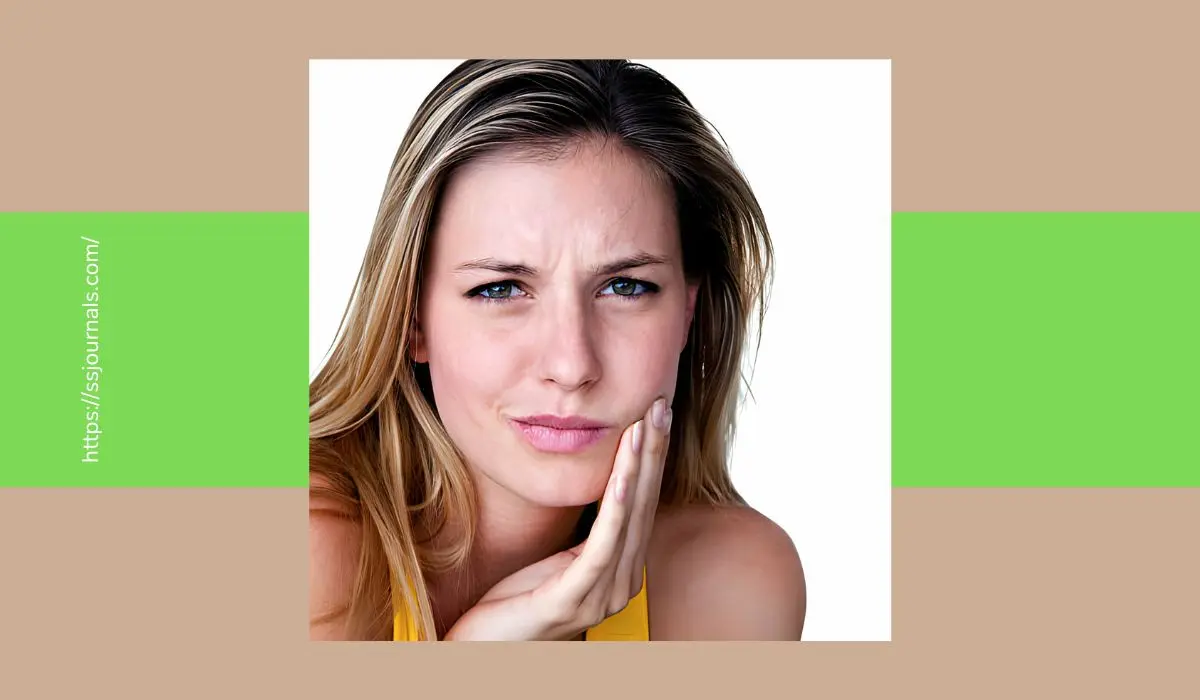We give a lot of importance to our face. And we can’t be blamed since it is all about how we look at others and ourselves. We spend hours and thousands getting it to look the way we want. However, it is often riddled with pimples, acne, and all sorts of infections. It needs constant care and attention. This blog will not be looking at the cosmetic aspect of a face but rather medical. Some conditions lead to it swelling as a whole which means things could get out of hand. So what are its causes? How do we know we are at risk? Most importantly what can we do to prevent it? Read on to know more.
What Is Facial Swelling? Understanding The Common Causes
Facial swelling refers to the sudden edema experienced by the facial muscles due to various circumstances. In some cases, the reasons could be simpler like a wound or break out. However, there are some cases where the reasons are not as innocent as they seem to be. We will be examining them below.

1. Injury or trauma
When there is a physical injury or trauma on your face, due to the impact, your muscles could swell. However, this is nothing to be anxious about as the body responds in the same way to any physical injury on any other body part.
2. Allergies
Eating something you are allergic to can also trigger facial swelling. This is because as the mouth is on the face, it is one of the first body parts to be affected adversely. Histamines are released when the immune system starts attacking the allergen. This happens and blood starts leaking through muscles making it appear to be red and swollen.
3. Infections
If you have an infection on your face due to bacterial or viral activity chances are your face could swell up as a whole. Diseases like toothache or cellulitis might also lead to swelling in particular areas.
4. Dental issues
If you are having dental issues like cavities, there could be a chance that your face is swollen near the area. Displacement of teeth can also create this effect.
5. Sinusitis
It is a disease that leads to swelling in the sinuses. This happens primarily due to bacterial activity and hence could spread to the facial region too.
6. Medical Conditions
There is a condition called angioedema where every layer of muscle starts swelling up and when this happens the face goes through the same effect as well.
7. Medications
Some medications prescribed for Hypertension coil cause edema of the face.
What Are The Symptoms Of Facial Swelling?
The symptoms of facial include-
1. Swelling
This is one of the obvious symptoms of facial swelling where the facial muscles are swollen.
2. Pain or discomfort
In many cases, one could also experience pain or discomfort if it is because of a wound or bruise.
3. Redness and warmth
You could also feel warm near the facial area along with slight redness around the muscles. It happens because the vessels leak blood especially if it is an allergy.
4. Difficulty breathing or swallowing
Some individuals are also known to have wheezing and difficulty breathing. They could also find it difficult to eat or swallow anything especially if the trauma occurs near the mouth.
5. Tightness or stiffness
Due to the sudden blood flow, your face might feel stiff or tight like it’s about to explode.
6. Impaired vision
If you start seeing things cloudy then you might have facial swelling.
7. Localized heat
If the pain is dental, it could be possible that there could be heat on the part of the face.
How To Prevent Facial Swelling?
Preventing facial swelling could be a tedious process but possible. Some of the techniques include-
1. Medication
All your medications should be assessed properly before proper consumption.
2. Allergen testing
You should always conduct allergen testing beforehand to avoid eating foods you are allergic to.
3. Regular health checkups
You can visit your healthcare provider to know how your body is reacting to certain conditions that may trigger facial swelling.
4. Hydration
This shouldn’t be taken lightly. Hydration is key to avoiding any troubles to the body including this.
FAQ
1. When should I consult a doctor?
You should consult a doctor if the symptoms don’t subside even after you have cured the underlying condition. Chances are the real cause might still not be identified.
2. Is facial swelling a serious condition?
Yes. Facial swelling is a serious condition depending on the prime cause. If it is caused by a serious bruise or a cut, you should immediately seek medical attention. Additionally, anaphylactic shock could also manifest into facial swelling.
3. How is facial swelling treated?
The treatment for facial swelling depends on its cause but mostly antihistamines and steroids can help relieve the swelling after some time. Your doctor should be able to guide you through a comprehensive plan.
4. Can you prevent facial swelling during allergic reactions?
No. The best way is to keep away from the products you know you are allergic to. Moreover, you can also create a list of things you should nd shouldn’t eat to be thorough. Let your loved ones know about them as well to prevent accidental poisoning. Your doctor can conduct and elaborate allergic test to determine how your body reacts.
Conclusion
Facial swelling in its own cannot be considered fatal as the underlying causes determine its intensity. In cases where there is a visible wound, it should subside within an hour. For an infection, it could take longer and for allergic reactions, the wait time could vary. Whenever this happens, treat for the primary disease if you know what it is. If you don’t immediately seek help and don’t self-medicate. Ti avoid infections, don’t touch your face frequently. Keep it as clean as possible using anti-septics also. Go through the skin care routine and if something seems odd, replace it with natural and organic creams.

